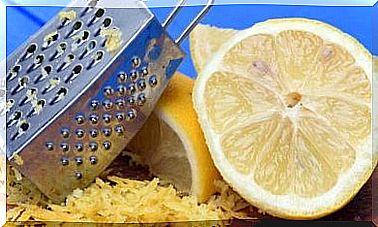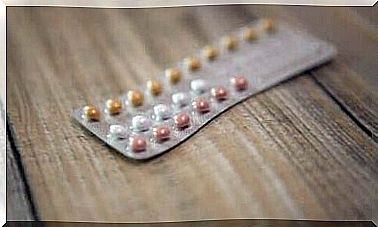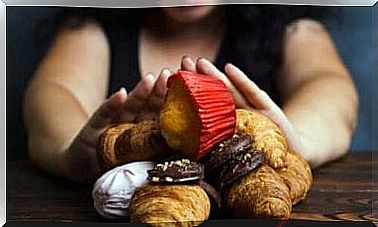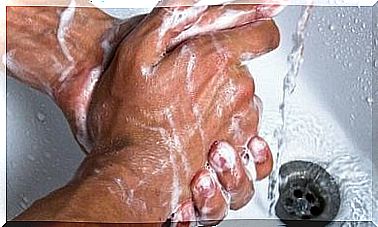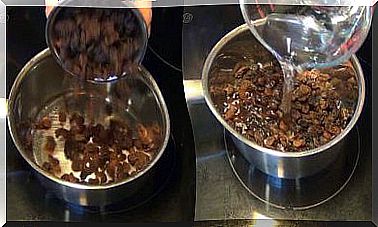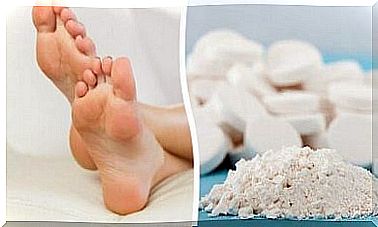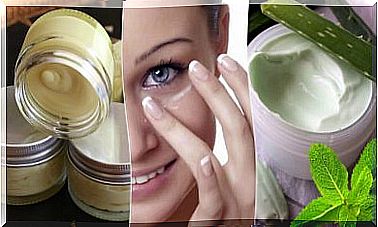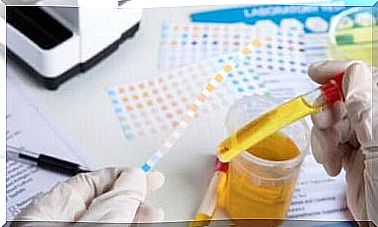Metallic Taste In The Mouth: Where Does It Come From?
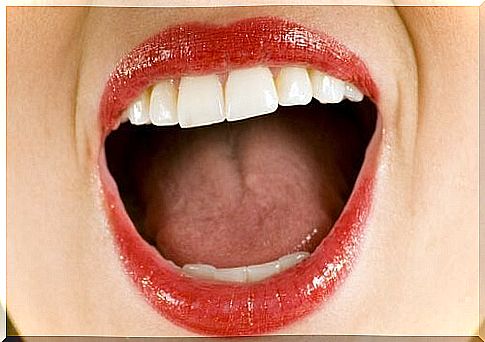
Have you ever wondered what gives a metallic taste in the mouth? The strange taste may be due to a regular disease. If it does not go away after some time, it is important to go to a specialist, get a diagnosis, and avoid further problems.
Having a metallic taste in the mouth is more common than you might think, and it can be a sign of various health problems.
It can be something temporary, or it can vary from mild to severe, depending on the cause.
A metallic taste in the mouth can occur for various reasons, and can cause you to lose your appetite completely. It can even become difficult to speak.
The most common causes of metallic taste in the mouth
Certain kinds of medicine
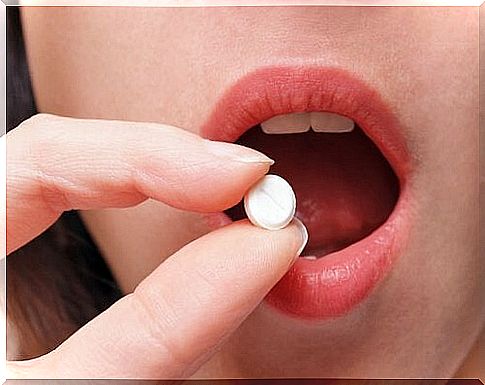
When you start a medical treatment, a metallic taste may occur in your mouth. If this happens, you can go to a specialist and inquire about changing to something without the side effects.
Among the drugs that can have this effect we find:
- Antibiotics
- Antidepressants
- Medicine for kidney stones
- Certain compounds used to regulate calcium
- Medicines for high blood pressure
We recommend: 5 things to remember about antidepressants
Poor oral hygiene can also give metallic taste in the mouth
Dental hygiene can also be the cause of this problem.
In addition, too much plaque can cause gingivitis. This is an infection that destroys the tissue that holds the teeth.
Good oral hygiene is absolutely necessary to protect you, and remove the annoying metallic taste in your mouth.
Pregnancy

In the first months of pregnancy, many women may experience a metallic taste in the mouth.
This is due to hormonal changes in the body, especially in the first trimester. Later, the problem disappears by itself.
Allergies and infections
Certain allergies and fungal infections in the mouth and on the tongue can affect the taste buds, and change the taste in the mouth.
It is also associated with allergies. Mucus and stuffy nose can cause this problem.
Problems in the nervous system
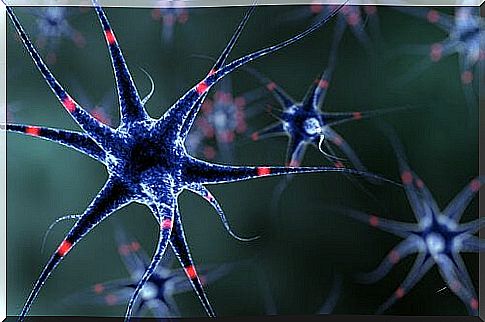
An imbalance in the area of the brain that controls the sense of taste can lead to a change in your taste in the mouth.
High levels of minerals
The metallic taste in the mouth can be due to too many minerals (such as iron or copper) in the body.
Likewise, if you are deficient or have too much zinc, you may also experience a metallic taste. It is a good idea to get tested so that one can determine the amount of these minerals in your blood.
Active toxins
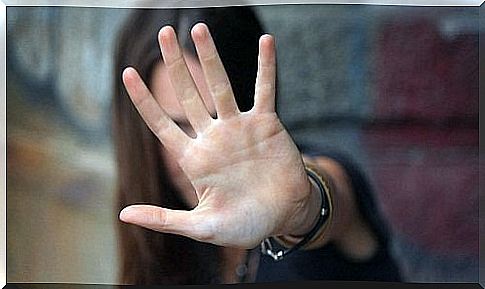
When you inhale toxic substances such as benzene, cobalt and paint, or come in contact with mercury or lead, you can get that taste in your mouth. So if the quantities are large enough.
Other reasons for a metallic taste can be:
- Food poisoning, especially from seafood
- Lack of vitamins and minerals
Also read: 6 signs of vitamin deficiency showing up in your face
Recommendations to alleviate the problem
Rinse mouth with saline
Thanks to the salt’s anti-inflammatory properties, this treatment works really well for your gums, and kills the bacteria in the mouth that give it the metallic taste. It also helps with:
- Removing food debris in your teeth after eating.
- To soothe the throat and give air to a stuffy nose.
Citrus fruits
Ingestion of citrus fruits stimulates the secretion of mouthwash, and minimizes a metallic taste in the mouth. You can use oranges, lemons, grapefruit etc. for this.
Maintaining good oral hygiene
It is recommended that you brush your teeth and tongue 2-3 times a day. It is also a good idea to gargle, to remove microorganisms completely.
You can use a little bit of baking soda or salt on your toothbrush to get rid of all the bacilli.
Be well hydrated
Drink 7-8 glasses of water a day so your body can stay hydrated and clean. One of the benefits is that it will prevent your mouth from drying out.
Pastilles and such
Certain flavors in pastilles and candies, such as mint, eucalyptus or licorice, can hide the metallic taste and help hydrate your mouth.
Likewise, it can refresh your mouth and your breath if you chew on a little cardamom or cloves during the day.
If the problem does not get better after a few days, you should talk to a doctor. The doctor can check if there is any disease behind your condition.
Keep in mind that the means and treatment may vary, depending on the cause of the problem.

